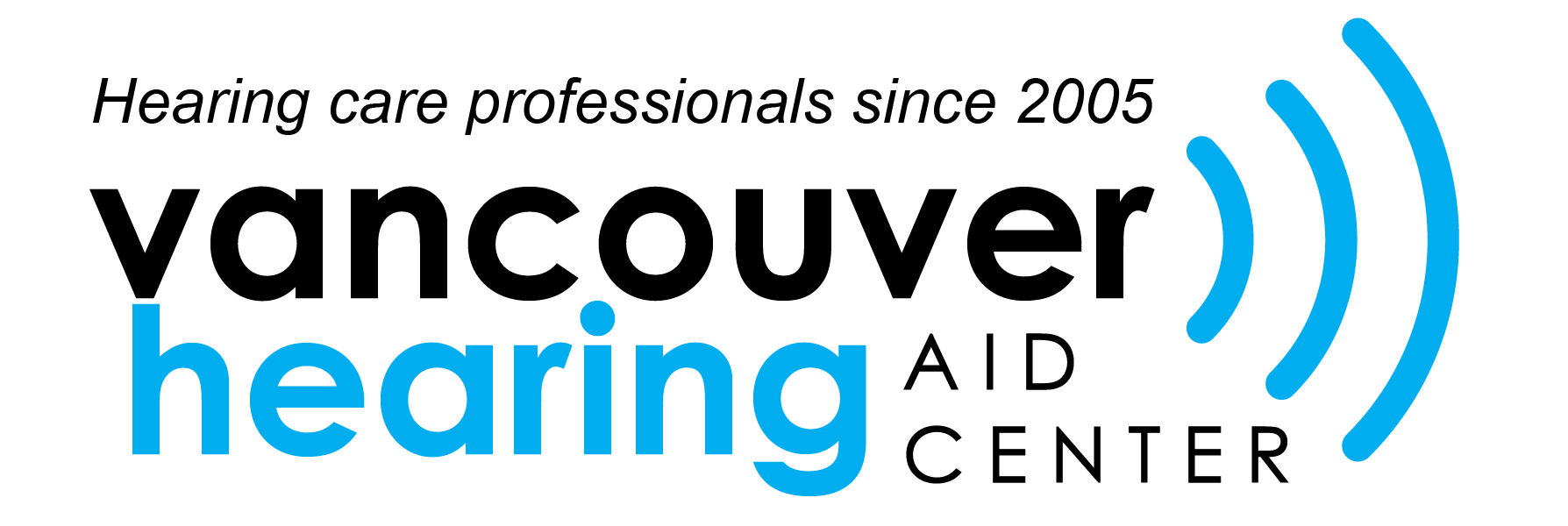The types of hearing loss shouldn’t be confused with the degrees at which they can occur. Hearing loss levels are measured in decibels, which indicates the volume of sound. As the decibel rating goes up, the worse an individual’s degree of hearing loss will be. The following decibel ranges are a rough guideline to illustrate the progression of hearing loss. If sounds seem quieter than in the past, your audiologist in Vancouver, WA might suggest a hearing test.
Mild
Mild hearing loss occurs roughly between 25 and 40 decibels. Individuals who fall within this range have a difficult time deciphering unarticulated or murmured speech. These symptoms most commonly arise during group conversations that take place in a noisy environment, like cafeterias, shopping centers, movie theaters and busy streets. Pay attention to how many times you ask people to speak up and consider if this is a potential issue.
Moderate
Individuals with moderate hearing loss won’t be able to detect sounds until they reach 40 to 60 decibels. That means it’s difficult to hear what other people are saying, even if there’s no background noise. A decibel range between 40 and 60 will let you comprehend speech more than other degrees of hearing loss. However, you’ll probably find yourself asking people to repeat themselves quite often. Moderate hearing loss also makes people play music and televisions at an unusually high volume.
Severe
Decibels ranging from 60 to 80 indicate severe hearing loss levels. The people around you will have to consistently speak at much higher volumes than normal in order for you to decipher their words. Severe hearing loss makes it virtually impossible for you to participate in group conversations, especially when people talk over each other. At this stage, a significant loss of hearing should be obvious and warrants a visit to your audiologist in Vancouver, WA.
Severe to profound
As the name suggests, this term is used to describe individuals who border somewhere between severe and profound hearing loss levels. A hearing test would indicate that sounds have to reach at least 80 to 90 decibels before they’re comprehensible. People who live with this degree of hearing loss need either a hearing aid or cochlear implant—otherwise, it’s impossible to hear other people speak.
Profound
A person is diagnosed with profound hearing loss when they reach levels higher than 90 decibels. At this stage of hearing loss, hearing aids and cochlear implants do little to help them understand the speech of other people or even themselves. Individuals who have gotten to this point should seek an appointment with a Vancouver, WA audiologist right away if they haven’t already done so.
Remember that many people deal with hearing loss to various degrees. Symptoms are different from one person to the next, and while you might not need a hearing aid, even mild levels of difficulty are cause for concern. Schedule regular hearing evaluations with the audiologists at Vancouver Hearing Aid Center to closely monitor your auditory health in the coming years and secure the right solutions for your needs.

